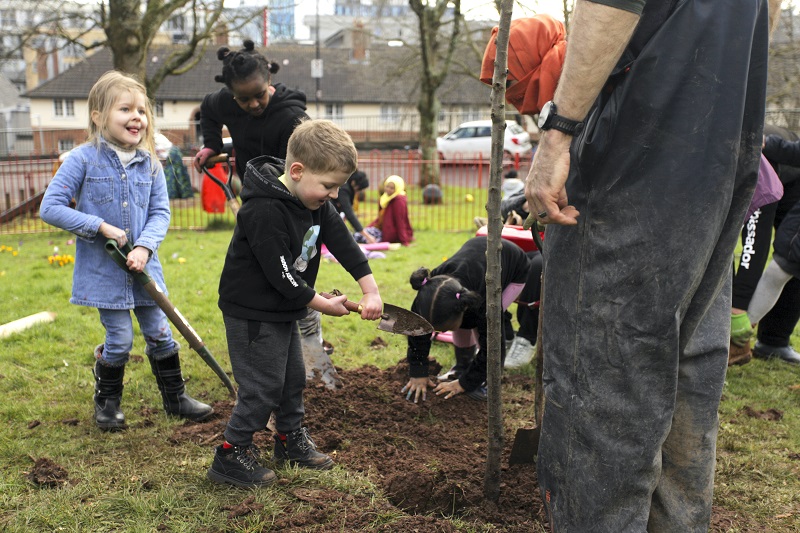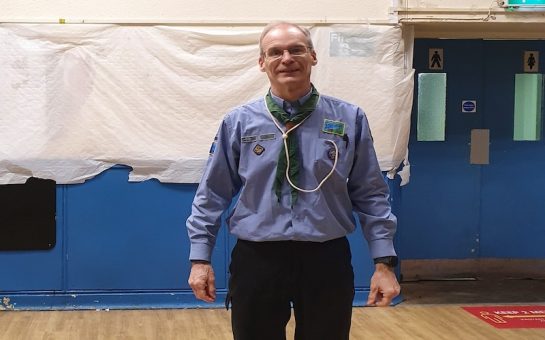The Islington Octopus Community Network has received a New Nature Neighbourhoods initiative grant to create ‘people-powered plans’ for nature outside their front-doors.
Conservation NGOs the World Wildlife Foundation, the Royal Society of the Protection for Birds and the National Trust are the driving force behind the Nature Neighbourhoods initiative to support 18 community hubs.
For the Octopus Community development officer Fran Smith, the regeneration of contaminated soil containing high levels of magnesium and zinc, as well as lime from disregarded building materials, is at the top of her to do list in this new initiative.
She said: “There’s a big issue in Islington now, everyone says the soil is really dreadful which it is – it’s really bad, you’ve got to build enormous raised beds all the time.
“I want to extend our work which will concern the quality of the soil and what do we need to do to regenerate it and improve soil structure in Islington, improving a whole range of nature and biodiversity net gains as well.
“We were absolutely over the moon to be invited to be a part of this.”
The recognition of Nature Deficit Disorder was made in a 2002 partnership with Islington’s park department, now known as Urban Growing.
She said: “I feel like we were quite ahead of the curve in terms of identifying that lack of access to nature is really negative on people’s health and wellbeing.
“What I saw in children that helped me replant a shrub on Saturday was a beaming sense of confidence and self-esteem whilst being part of the local community.”
Nature Deficit Disorder in recent times has been linked to childhood obesity, high rates of physician-diagnosed immune function deficiency and diabetes.
In a conversation with the Project Manager for Nature Neighbourhoods, Rory Crawford said: “It’s not often that big conservation NGO’s do community work in this way, but its focused on the community priorities.”
These calls from the Peoples Plan for Nature come as the 2023 State of Nature report published on September 14 revealed that the UK has an average of only 53% of its biodiversity left.
Crawford said: “Really nature’s just fundamental to our existence, we are nature, certainly everyone needs clean air to breathe, everyone needs clean water to drink, everyone needs food to eat and nature is fundamental in all of those things.
“Through the power of co-operation, we can drive lasting change and help venerable communities restore nature, making them a better place to work, play, live and learn.”
Image credit: Project Manager for Nature Neighbourhoods




Join the discussion